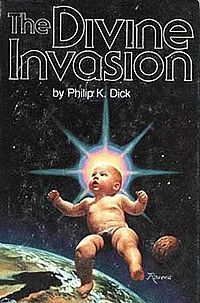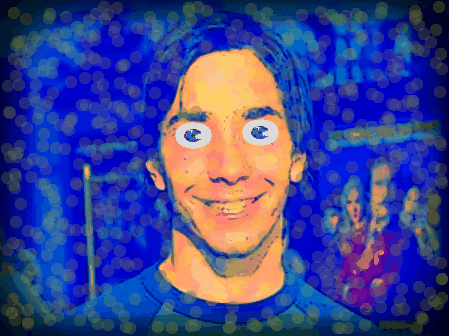What do you think?
Rate this book


238 pages, Paperback
First published June 1, 1981


"Is there essentially one matrix world from which people derive differing perceptions? So that the world you see is not the world I see?"



"'The Ape of God,'" Elias said. "A Medieval theory about the Devil. That he apes God's legitimate creation with spurious interpolations of his own."
